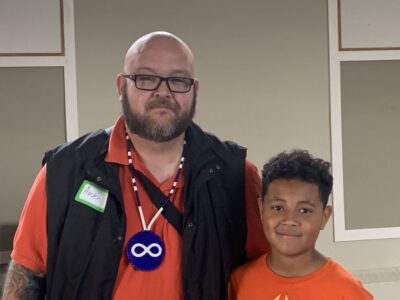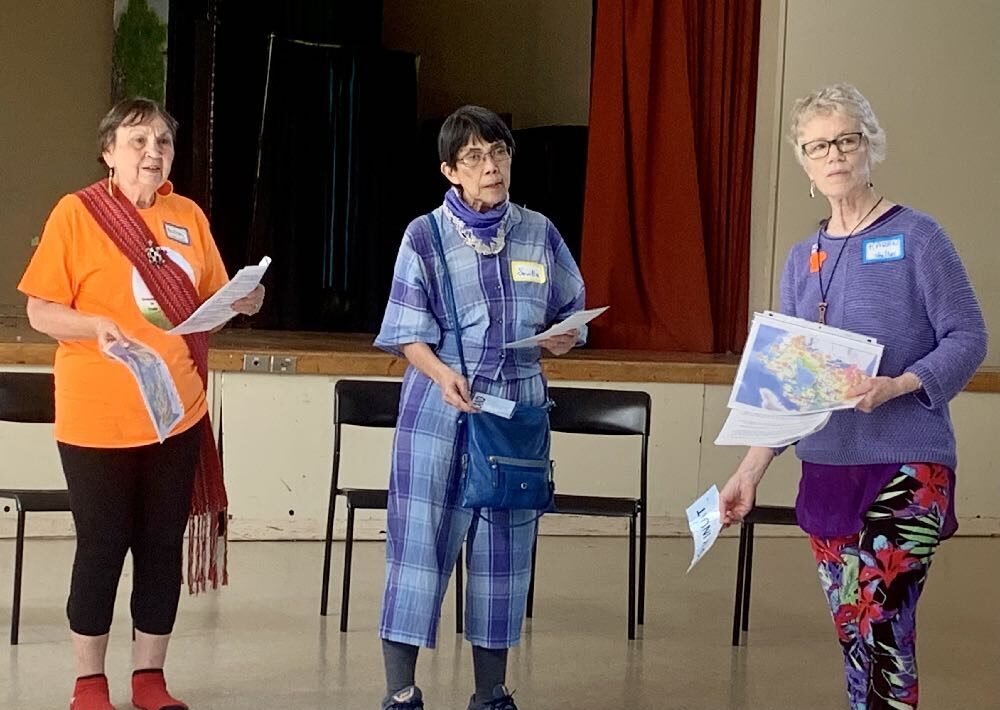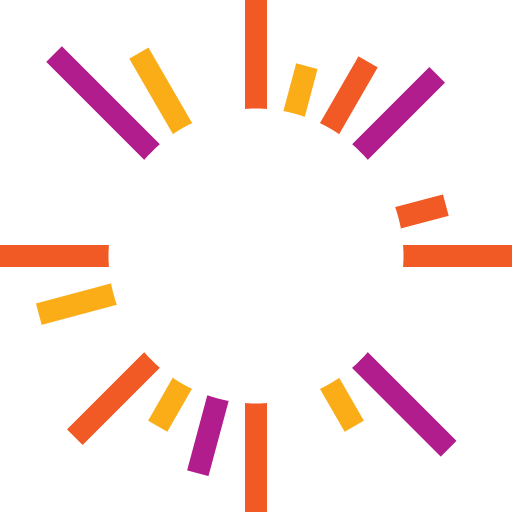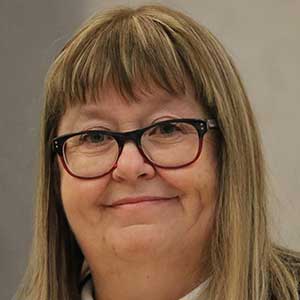On Sept. 23, Julian of Norwich hosted two sessions of an educational reconciliation exercise developed by the Primate’s World Relief and Development Fund (PWRDF) called Mapping the Ground We Stand On. The workshop invites participants to walk on to a map to get a better understanding of settler and Indigenous relations. The diversity of hundreds of Indigenous groups and their traditional territories is mapped as a part of the exercise.
Audrey Lawrence and Karen Luyendyk from the diocesan All My Relations Circle facilitated. “We all benefited by Austin Ward’s participation as our Indigenous witness,” Luyendyk told Crosstalk. Ward started the day with a Smudge and teaching about smudging. He also spoke about his experience in a residential school. “Austin is in his early forties which truly brought home the legacy of discrimination and how recently the institutions were in operation,” she said. “We also benefitted from Austin’s young son Jaylen’s enthusiastic participation. When we went round the circle at the end, Jaylen expressed with great energy and a huge smile his pride in his Indigenous heritage and his excitement that all of us were there and that we are all learning about his heritage. I for one had tears when he shared, and I’m sure others did too.”

Reflecting on the exercise Eleonore Brunelle, commented: “I don’t think it’s necessarily true that the stories of Indigenous people are excluded in the academic curriculum many high school students are learning from textbooks, but they are definitely…filtered.”
Sydney Sharpe said the mapping exercise “gave me new information about the First Nations people and taught me some history that I didn’t know, like the Doctrine of Discovery and the population of Canada before colonization. I feel like it was beneficial to have this experience, so I have a better understanding of some of the struggles of Indigenous peoples.”
—Staff with files from Donna Rourke



Saint Mary’s Church, Westmeath — Deanery of the Northwest